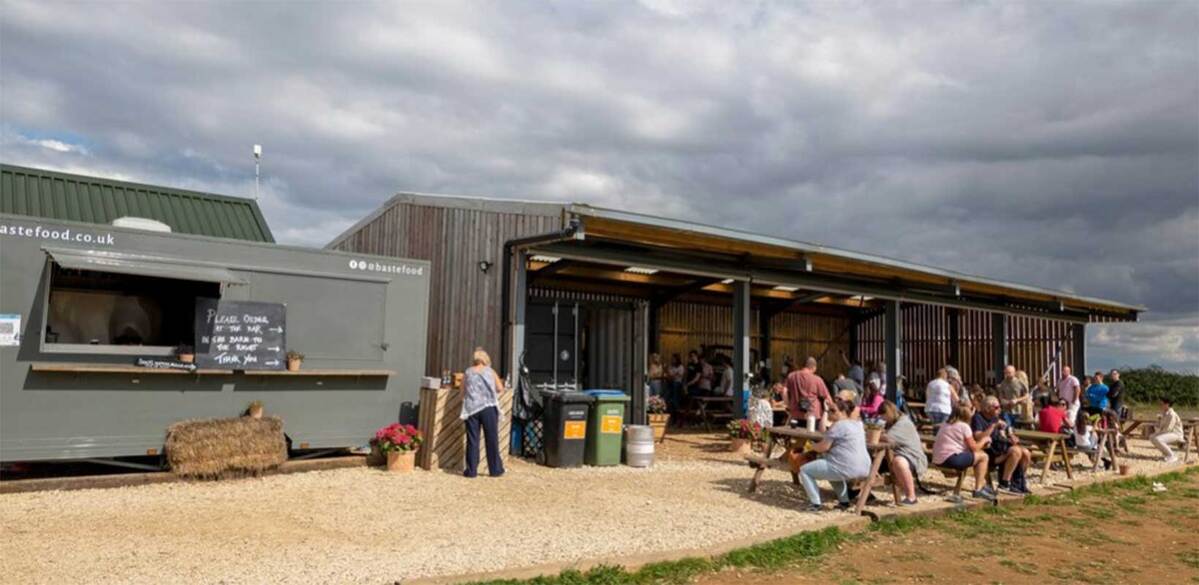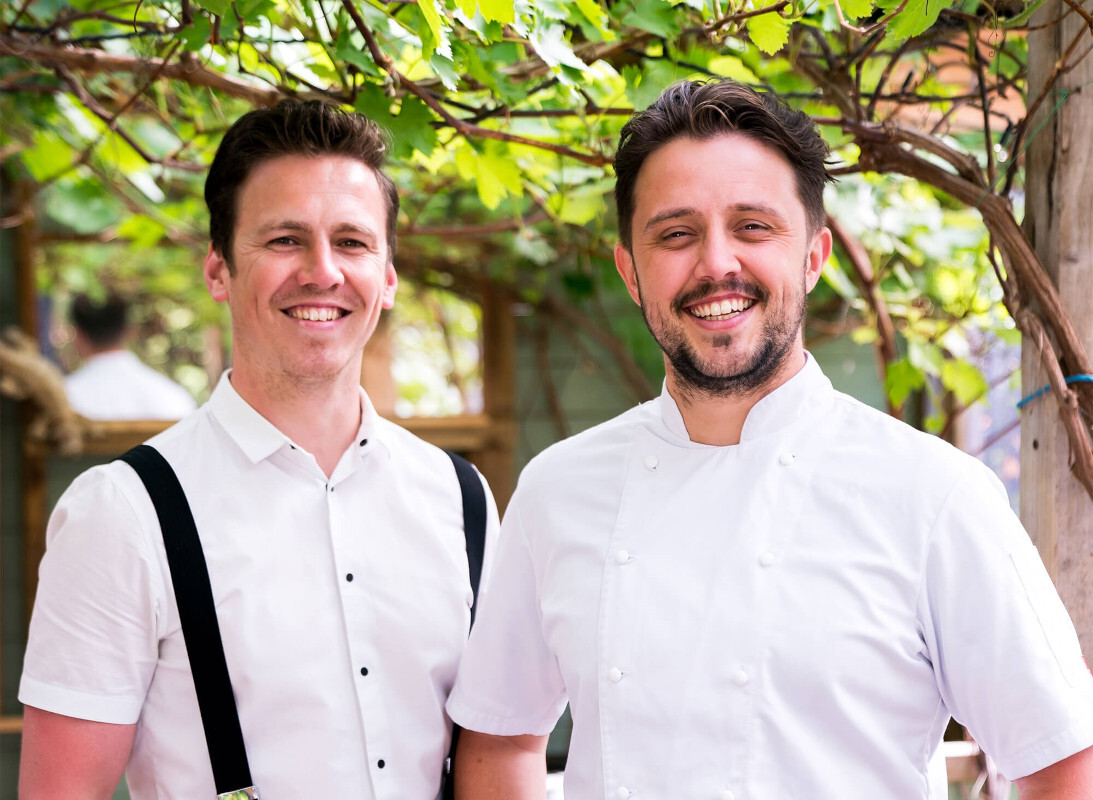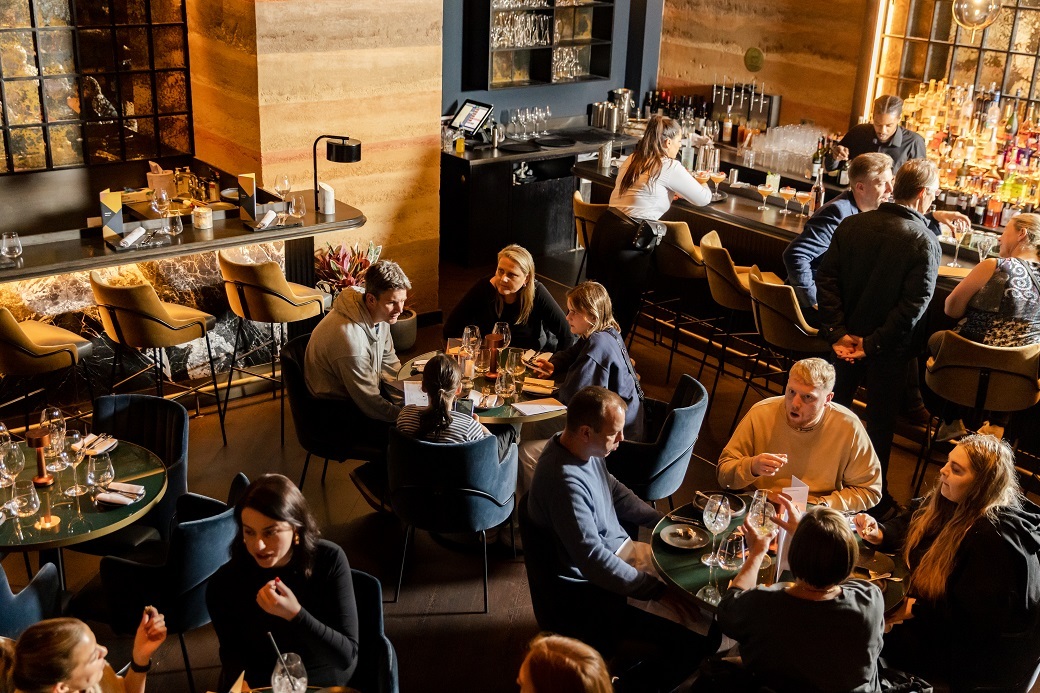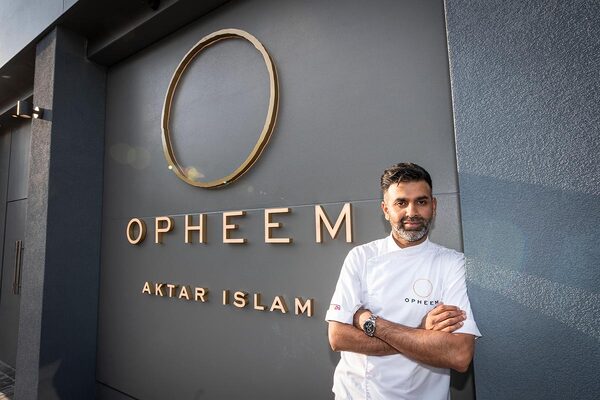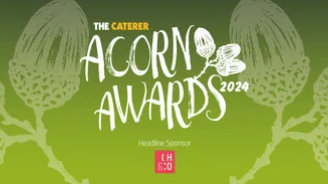Sun-dried sensations
If it had not been for the intervention of the Clements family, the production of one of Portugal's most famous specialities might have died out.
When Mervyn and Katherine Clements bought Conservas Rainha Santa, a Portuguese farm and food company, in 1990, there were just three other producers of the renowned Elvas plums left. The family of the original owner had decided to sell up. Fearing the demise of this cottage industry, the couple stepped in to take over the business.
The Clements' son, Tim, is now busy building up the company by exporting a range of preserved fruit and other Portuguese fine foods to the UK.
The Elvas plum is in fact a greengage, grown in the micro climate of the Elvas orchards. They are picked slightly young, so that the flesh remains firm during cooking and the taste is still sharp enough to offset the sweetness of preservation in sugar before being sun-dried. The plums were introduced to the UK 150 years ago by the port shippers and soon became a Christmas favourite.
Other interesting Portuguese ingredients that Conservas Rainha Santa can supply include: sun-dried figs and prunes, olives, cheese, ham, herbs, tinned sardines stored in olive oil, greengage preserve tasting of fruit not sugar, capers (fleshy and sweet) vinegar that equals any balsamic, and succulent sausages.
The Portuguese love of food is as strong as that of the French, Spanish or Italians. The diet has been dominated by the Atlantic rather than the Mediterranean and has been influenced by a series of invasions by Greeks, Phoenicians, Carthaginians, Iberians, Celts, Swabians, Visigoths, Romans and Muslims. Add to that cocktail the voyages of discovery from this once-great seafaring nation and you have a rich food culture.
Herbs and spices feature strongly. It is this background that, in Tim Clements' words, "makes the food of Portugal distinct and different from some of the better-known European cuisines."
One of the country's real treats is queijo da Serra, a cheese made from sheep's milk. It is expensive, even in Portugal, where demand far outstrips supply.
The cheese is about 18cm in diameter. The 90-day-old example I tasted recently was thick and creamy, with a sharp, clear acidity - in part a product of the nettle juice used to coagulate the milk. Older varieties become deliciously piquant and hard. Traditionally, a hole is cut in the top and the cheese scooped out, in much the same way as Stilton is supposed to be handled.
Cheese selection
Almost as popular is cabreiro, a cheese made from a mixture of goat's and sheep's milk. This has a stronger taste and is not as creamy. The Portuguese also produce requeijao, similar to Italian ricotta. Clements exports cabreiro, but not the requeijao as yet.
Clements does supply two types of Portuguese sausages: a thin chouriço de carne and a chouriço grosso. The former is made from a mixture of lean and fat pork meat, pimento, salt and garlic and is is smoked over oak; the latter is made with a greater proportion of lean meat. Both have powerful tastes. I found the grosso better when sautéd, as it is often served in Portugal.
What Parma ham is to Italy (and serrano is to Spain), pata negra is to Portugal. It is made from the meat of wild black pigs which are said to roam the forests feeding on sweet acorns.
Equally delicious, presunto from Larnego is made from whole legs of pork preserved in a mixture of salt, paprika, wine and garlic. The meat is then packed between layers of salt before being gently smoked for as long as two months. When smoking is finished, the ham is rubbed with olive oil and left to cure for at least a year. It is spicy and aromatic and would be suitable for serving either with figs or salad - a welcome change on menus from the delicious, if predictable, Parma and serrano.
Clements must be one of the few producers stuffing their home-grown olives. Stuffings include: anchovies (pieces of, rather than paste); slivers of almonds; whole capers; and pimento (again pieces of, rather than the more usual reconstituted strip of pimento paste). It makes a welcome change to eat a stuffed olive where the stuffing plays a matching rather than subservient role.
The olives come in brine and Clements recommends rinsing and seasoning with olive oil before serving.
His own olive oil is made with the Gelaga olive, sourced from small Portuguese estates where cold pressing is standard practice. It is robust, dark green and unfiltered - this year's harvest has yet to arrive, but is on the way.
Conservas Rainha Santa. Contact Tim Clements on 0171-737 4101. Further reading: The Taste of Portugal by Edite Vieira (Grub Street £9.99)


